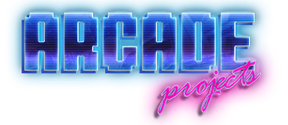sammargh
Professional
If you're referring to my comments on fastio twisted I'm well aware of how it functions, it's not very complex. Either way there's a video somewhere (yeah i know) when the X3 was first coming out where Taito had a good visual model showing the latency difference between JVS and Fast IO. From what I remember it was a screen with like a turtle or train on the left side and it showed how much time elapsed between each button press on both ios. The difference was that JVS was ~3-5x slower from what I remember, it's impossible to find thanks to all the Fast IO posts on here haha
Edit: found a pic at least:

Edit: found a pic at least:

Last edited:


